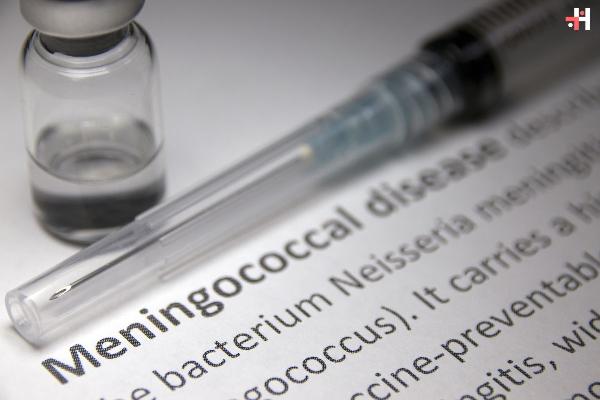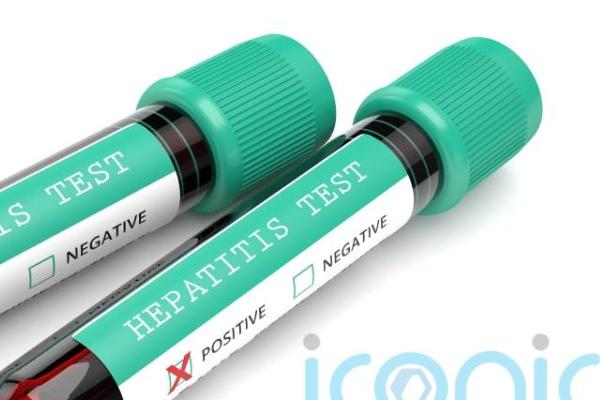Understanding Meningococcal Antibodies: A Comprehensive Guide

Strong 8k brings an ultra-HD IPTV experience to your living room and your pocket.
Understanding Meningococcal Antibodies: A Comprehensive Guide | Healthcare 360 Magazine
Meningococcal disease, caused by the bacterium Neisseria meningitidis, is a serious and potentially life-threatening condition. It can lead to meningitis (inflammation of the membranes surrounding the brain and spinal cord) and septicemia (blood poisoning). One of the critical components of our defense against this disease is the production of meningococcal antibodies. In this article, we’ll explore what meningococcal antibodies are, how they function, the role of vaccines in promoting their production, and the importance of maintaining immunity.
What are Meningococcal Antibodies?
Antibodies are proteins produced by the immune system in response to foreign invaders such as bacteria, viruses, and toxins. Meningococcal antibodies specifically target Neisseria meningitidis. These antibodies recognize and bind to antigens on the surface of the meningococcal bacteria, marking them for destruction by other immune cells.
There are several serogroups of Neisseria meningitidis, with groups A, B, C, W, X, and Y being the most common causes of disease. Each serogroup has distinct antigens on its surface, necessitating the production of specific antibodies for effective protection.
The Immune Response to Meningococcal Infection
Understanding Meningococcal Antibodies: A Comprehensive Guide | Healthcare 360 Magazine
When Neisseria meningitidis enters the body, it can invade the bloodstream and spread to the brain and spinal cord. The immune system responds by recognizing the bacterial antigens and producing antibodies. These antibodies help neutralize the bacteria and prevent them from causing severe illness.
The primary functions of meningococcal antibodies include:
Neutralization: Antibodies can directly neutralize the bacteria, preventing them from attaching to and invading host cells.
Opsonization: Antibodies coat the bacteria, making them more recognizable to phagocytes, which are immune cells that engulf and destroy pathogens.
Complement Activation: Antibodies trigger the complement system, a group of proteins that work together to lyse (break down) bacterial cells and enhance phagocytosis.
Role of Vaccination in Producing Meningococcal Antibodies
Understanding Meningococcal Antibodies: A Comprehensive Guide | Healthcare 360 Magazine
Vaccination is the most effective way to induce the production of meningococcal antibodies and confer immunity against the disease. Meningococcal vaccines contain antigens derived from the bacteria, which stimulate the immune system to produce antibodies without causing illness.
There are several types of meningococcal vaccines:
Polysaccharide Vaccines: These vaccines contain purified polysaccharides from the bacterial capsule. They are effective but provide shorter-lasting immunity and are less effective in young children.
Conjugate Vaccines: These vaccines link the polysaccharide antigens to a protein carrier, enhancing the immune response and providing longer-lasting immunity. They are effective in all age groups and are the preferred choice for routine vaccination.
Protein-Based Vaccines: These vaccines target proteins found on the surface of the meningococcal bacteria, such as the outer membrane vesicle (OMV) proteins. They are primarily used to protect against serogroup B meningococcal disease.
Importance of Maintaining Immunity
Maintaining immunity against meningococcal disease is crucial, particularly for individuals at higher risk, such as adolescents, young adults, and people with certain medical conditions. Booster doses of meningococcal vaccines are recommended for sustained protection.
Key strategies for maintaining immunity include:
Routine Vaccination: Following the recommended vaccination schedule is essential for initial protection and long-term immunity. Adolescents and young adults are particularly encouraged to receive the meningococcal conjugate vaccine.
Booster Doses: Booster doses are recommended for certain populations, such as individuals with asplenia (absence of the spleen), complement component deficiencies, or those traveling to areas with high meningococcal disease prevalence.
Herd Immunity: High vaccination coverage in a population can reduce the spread of Neisseria meningitidis, protecting those who are unvaccinated or have weaker immune responses.
Challenges and Future Directions
Understanding Meningococcal Antibodies: A Comprehensive Guide | Healthcare 360 Magazine
While meningococcal vaccines have significantly reduced the incidence of meningococcal disease, challenges remain. These include:
Vaccine Coverage: Ensuring widespread vaccine coverage and access, particularly in low- and middle-income countries, is crucial for global disease control.
Emergence of New Strains: Continuous surveillance is necessary to monitor the emergence of new meningococcal strains and assess the effectiveness of existing vaccines.
Vaccine Hesitancy: Addressing vaccine hesitancy through public education and awareness campaigns is essential to maintain high vaccination rates.
Development of Broadly Protective Vaccines: Research is ongoing to develop vaccines that provide broader protection against multiple serogroups and emerging strains of Neisseria meningitidis.
Conclusion
Meningococcal antibodies play a vital role in protecting against meningococcal disease. Through vaccination, we can stimulate the immune system to produce these antibodies, providing effective and long-lasting immunity. Maintaining high vaccination coverage, adhering to booster dose recommendations, and addressing challenges such as vaccine access and hesitancy are critical steps in the fight against meningococcal disease. By understanding the importance of meningococcal antibodies and the role of vaccines, we can continue to protect individuals and communities from this potentially life-threatening condition.
Note: IndiBlogHub features both user-submitted and editorial content. We do not verify third-party contributions. Read our Disclaimer and Privacy Policyfor details.







